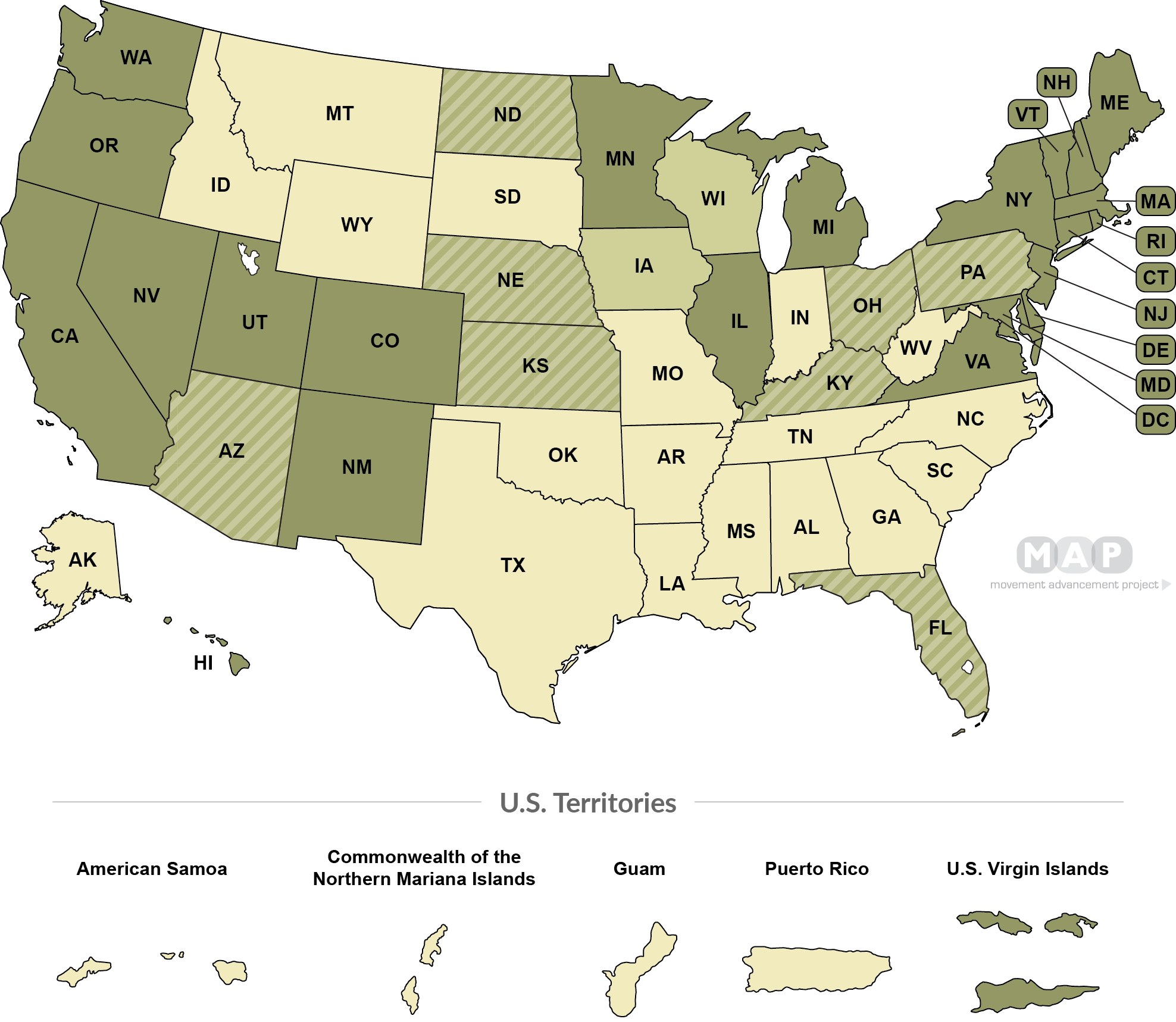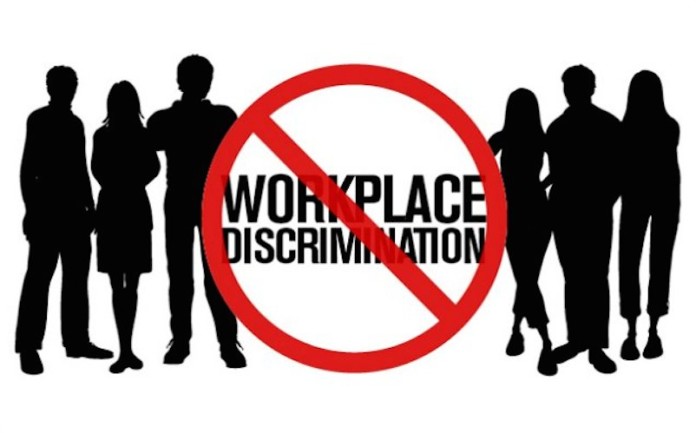

A 2016 CFPB letter responding to inquiries about the issue explained a very similar stance based on the evolving law at that time. The CFPB's clarifications in the Interpretive Rule are consistent with its past position on the topic. The prohibition against sex discrimination includes discrimination that is "motivated by perceived nonconformity with sex-based or gender-based stereotypes, as well as discrimination based on an applicant's associations." - Such discrimination would include, for example, requiring a credit applicant who is married to a person of the same sex to provide different marriage documentation than a person who is married to a member of the opposite sex.In this situation, each instance of discrimination is a violation and It applies to conduct towards each individual.īy way of example, according to the Interpretive Rule, a creditor cannot defend its discriminatory conduct by arguing that it rejects male and female applicants who are gay or transgender (thereby treating each group – males and females – the same).

#ECOA PROHIBITS DISCRIMINATION BASED ON PLUS#
Sex need not be the only cause of injury (so long as it is a "but for" cause) - For example, rejecting an applicant for being gay or transgender could relate to two causal factors, the person's sex plus the sex to which the individual is attracted or with which the individual identifies.Consideration of sex is necessarily involved in sexual orientation discrimination and gender identity discrimination - Accordingly, "it is impossible to discriminate against a person for being homosexual or transgender without discriminating against that individual based on sex ".It finds that under ECOA and Regulation B: The Interpretive Rule sets forth the CFPB's reasoning based on the Bostock opinion. According to the CFPB, a variety of stakeholders requested regulatory clarification on these issues. Soon thereafter, in July 2020, the CFPB published a request for information seeking comments on several ECOA and Regulation B issues including whether and how the Bostock decision should impact the CFPB's interpretation of ECOA's prohibition against sex-based credit discrimination. Supreme Court ruled that the prohibition against sex discrimination in Title VII of the Civil Rights Act of 1964 encompasses sexual orientation and gender identity discrimination in the employment context. It addresses stakeholders' requests for the CFPB to weigh in on such matters after the Supreme Court issued its decision in Bostock v.

This Interpretive Rule will have an immediate effect once it is published in the Federal Register (not yet, as of the date of this post).


 0 kommentar(er)
0 kommentar(er)
